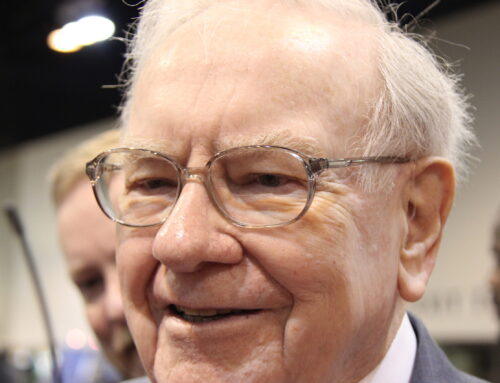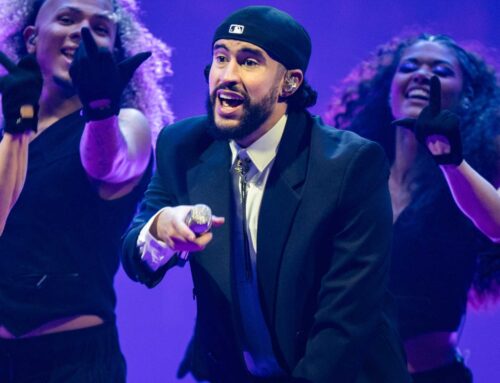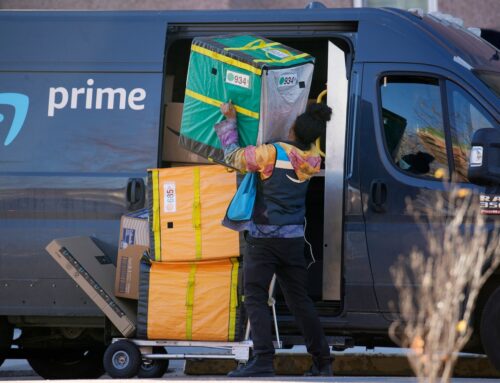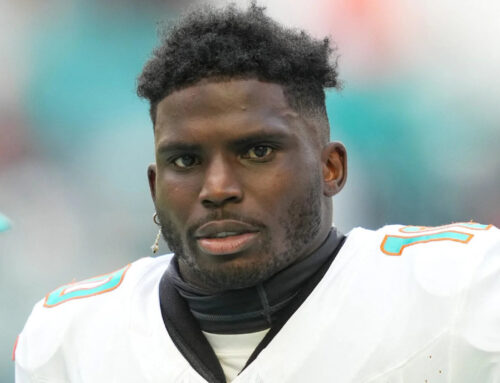Trump imposes $100K H-1B visa fee from Sept 21; could impact Indian tech workers
September 19, 2025
Trump imposes $100K H-1B visa fee from Sept 21; could impact Indian tech workers
Trump signed an order to extensively overhaul the H-1B visa program, requiring a $100,000 fee for applications in a bid to curb overuse.
US President Donald Trump announced that companies will have to pay the government $100,000 in order to secure an H-1B visa for a foreign employee.

Speaking to reporters at the White House, the US commerce secretary said that the move would ensure US companies hire more American talent while sending less valuable foreign workers back to their home countries. Given that Indians account for over 70% of H-1B visa holders, these restrictions could prove especially damaging to the Indian diaspora in America.
In a presidential proclamation, Trump declared that the new rule would apply from September 21 onwards for a period of 12 months. After the initial period, the rule will expire unless extended.
Trump alleged “systemic abuse” of the H-1B visa system, particularly by IT outsourcing firms. The US President declared that the misuse of the H-1B program was a “national security threat.”
“Further, the abuse of the H-1B visa program has made it even more challenging for college graduates trying to find IT jobs, allowing employers to hire foreign workers at a significant discount to American workers,” his proclamation reads.
The rules are expected to make it far harder for US technology firms, in particular, to hire talent from foreign nations, including India.
“For thousands of Indian tech workers, the proposed fee, if enacted, will likely not force immediate returns but will limit job mobility and make renewals costly. Employers may hesitate to sponsor or retain H-1B employees, especially early-career professionals, increasing the risk that some will have to go back to India or be attracted to other countries such as Canada, the UK, the UAE, and Saudi Arabia,” says Sophie Alcorn, an immigration lawyer who works closely with a number of foreign tech workers.
Alcorn adds that the new policy creates a great deal of uncertainty among Indian talent about staying in the United States long term.
Some Indians on H-1B visas remain unsure about the path forward.
“I think in general we’ll have to wait and see how this actually gets implemented at all. From what I’m reading, it’s unclear if the proclamation has legal basis and I fully expect this proclamation will go through the courts,” one Indian technologist on an H-1B visa told to HT requesting anonymity.
The H-1B visa as it exists today was created by an act of Congress in 1990. The visa allows American companies to hire foreign workers in specialty occupations who hold at least a bachelor’s degree. The visa is granted for a period of three years and can be extended by another three years.
The US government sets an annual limit of 65,000 H-1B visas, with another 20,000 available for individuals who have earned a master’s or doctoral degree from an American university. Indian technology professionals have ranked among the largest recipients of H-1B visas over the years, reflecting the continued demand for specialized tech talent from India.
Nevertheless, the programme has grown increasingly contentious in US political circles. Key figures such as vice president JD Vance have criticised the practice of technology companies hiring foreign workers while laying off American staff.
“You see big tech firms laying off 9,000 employees and then applying for thousands of overseas work visas — it just doesn’t add up. That kind of displacement and math concerns me. The president has said we want the best and brightest to make America their home, and that’s good. But I don’t support companies firing thousands of American workers and then claiming they can’t find talent here,” Vance said in a podcast interview in July.
Director of US citizenship and Immigration Services (USCIS) Joseph Edlow has made it clear that the administration intends to impose stricter regulations on the H-1B programme.
“I really do think that the way H-1B needs to be used, and this is one of my favorite phrases, is to, along with a lot of other parts of immigration, supplement, not supplant, U.S. economy and U.S. businesses and U.S. workers,” Edlow stated in a July interview.
The issue of H-1B visas has sparked sharp debates within Trump’s own coalition. Prominent conservative commentators like Steve Bannon and Laura Loomer have publicly opposed the programme.
Trump, on the other hand, has defended it. “It’s a great programme. I have many H-1B visas on my properties. I’ve been a believer in H-1B,” Trump said in an interview.
Search
RECENT PRESS RELEASES
Legal battle over Charlie Fox dispensary in Southampton
SWI Editorial Staff2025-09-20T12:20:31-07:00September 20, 2025|
Big Tech Data Centers Compound Decades of Environmental Racism in the South
SWI Editorial Staff2025-09-20T12:19:38-07:00September 20, 2025|
Tosa Green Summit focuses on sustainability, environmental issues
SWI Editorial Staff2025-09-20T12:18:53-07:00September 20, 2025|
China urges US to ensure fair business environment for TikTok, other Chinese firms
SWI Editorial Staff2025-09-20T12:18:07-07:00September 20, 2025|
NBA Legend Highlights the Great Environment that is Barclays Center
SWI Editorial Staff2025-09-20T12:16:49-07:00September 20, 2025|
Environment: Technological revolutions revolutionise society
SWI Editorial Staff2025-09-20T12:15:48-07:00September 20, 2025|
Related Post





